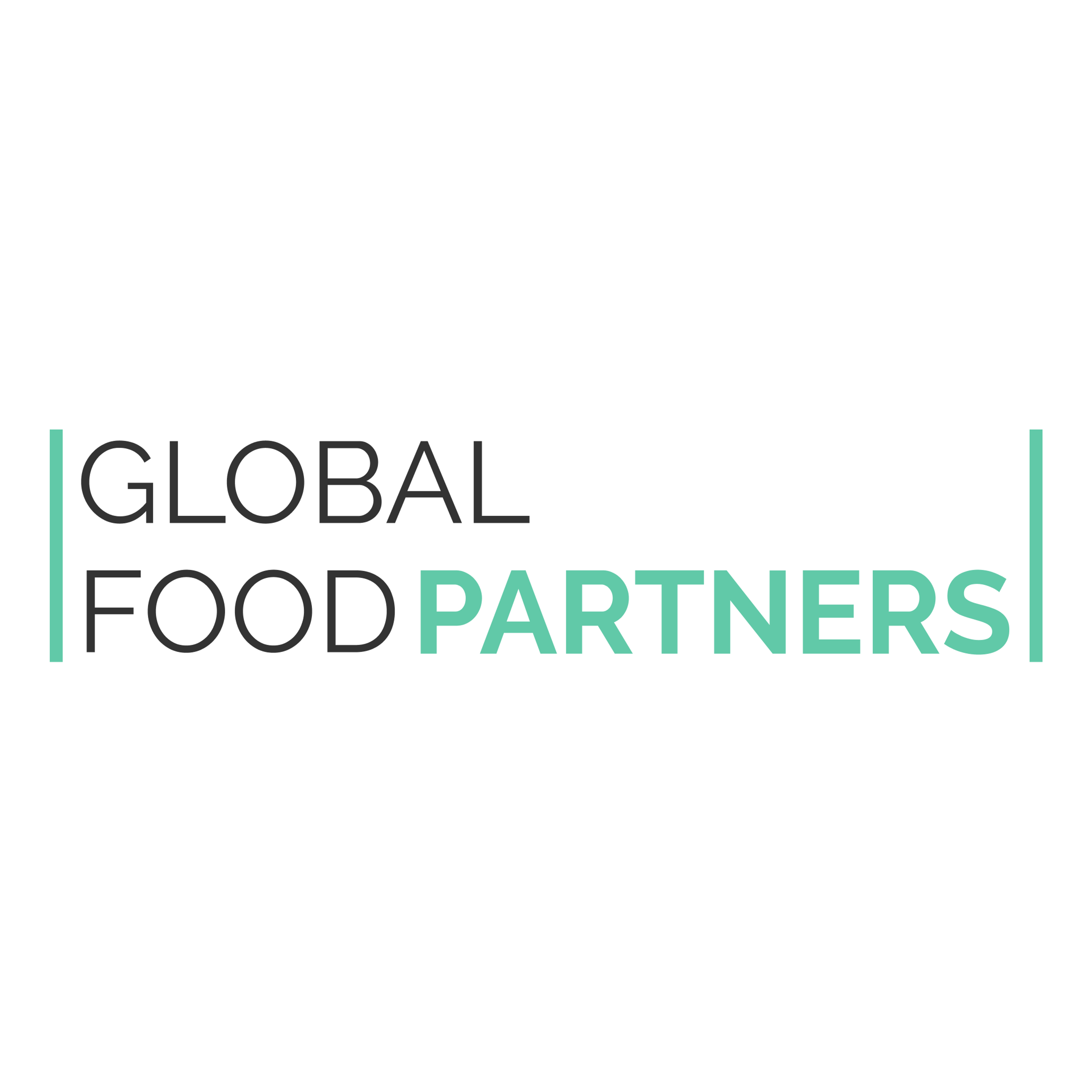
Global Food Partners
Cage-Free Transition Support
Global Food Partners works with leading food corporations and egg producers in Asia to support their transition to higher-welfare cage-free egg sourcing and production.
What problem is Global Food Partners working on?
Global Food Partners (GFP) is a science-based, multinational organisation that works with food and hospitality businesses to implement their cage-free egg policies in Asia — where there is the greatest need for improvements to current agricultural practices and the potential for the greatest impact in improving the lives of farmed animals. It works across eight key countries in Asia, including China and Indonesia, two of the world’s leading egg-producing countries.
What does Global Food Partners do?
GFP provides technical support to egg producers to transition from battery cage to higher-welfare cage-free production systems. Its goal is to ensure the industry can transition to cage-free production in a way that is sustainable and economically viable in the long term.
Some of GFP’s key projects include:
- Establishing the Cage-free Welfare and Innovation Hub — a model farm and training centre in Indonesia — in collaboration with leading Indonesian University Universitas Gadjah Mada and Aeres University of Applied Sciences (The Netherlands), the first of its kind in the region.
- Partnering with leading food and hospitality businesses to implement their cage-free policies in Asia, including Compass Group, Accor, Marriott International, and Club Med.
- Training for government agencies, including to over 200 officers from the Thailand Department of Livestock on animal welfare and basics of cage-free, as well as an on-farm visit and training session for a delegation of government officers from the Philippines.
- Developing an e-learning hub (GFP Academy) with courses for egg producers and food and hospitality companies on cage-free production and sourcing. Courses are currently available in English, Chinese, Thai, and Japanese.
- Partnering with the Philippines’ Department of Agriculture and BEPCO to train farmers to transition to cage-free production. BEPCO is the Philippines’ leading egg cooperative, responsible for a quarter of the country’s egg production.
- Providing consultation services and on-farm technical support for egg farmers across the region to implement cage-free systems.
- Creating WelfareProgress, the first centralised cage-free egg reporting platform that allows companies to report their regional cage-free policy progress.
GFP was founded in Singapore in 2019 by Elissa Lane and Jayasimha Nuggehalli, two veterans of the farmed animal protection movement.
What information does Giving What We Can have about the cost-effectiveness of Global Food Partners?
We don't currently have further information about the cost-effectiveness of Global Food Partners beyond it doing work in a high-impact cause area and taking a reasonably promising approach.
Please note that GWWC does not evaluate individual charities. Our recommendations are based on the research of third-party, impact-focused charity evaluators our research team has found to be particularly well-suited to help donors do the most good per dollar, according to their recent evaluator investigations. Our other supported programs are those that align with our charitable purpose — they are working on a high-impact problem and take a reasonably promising approach (based on publicly-available information).
At Giving What We Can, we focus on the effectiveness of an organisation's work -- what the organisation is actually doing and whether their programs are making a big difference. Some others in the charity recommendation space focus instead on the ratio of admin costs to program spending, part of what we’ve termed the “overhead myth.” See why overhead isn’t the full story and learn more about our approach to charity evaluation.